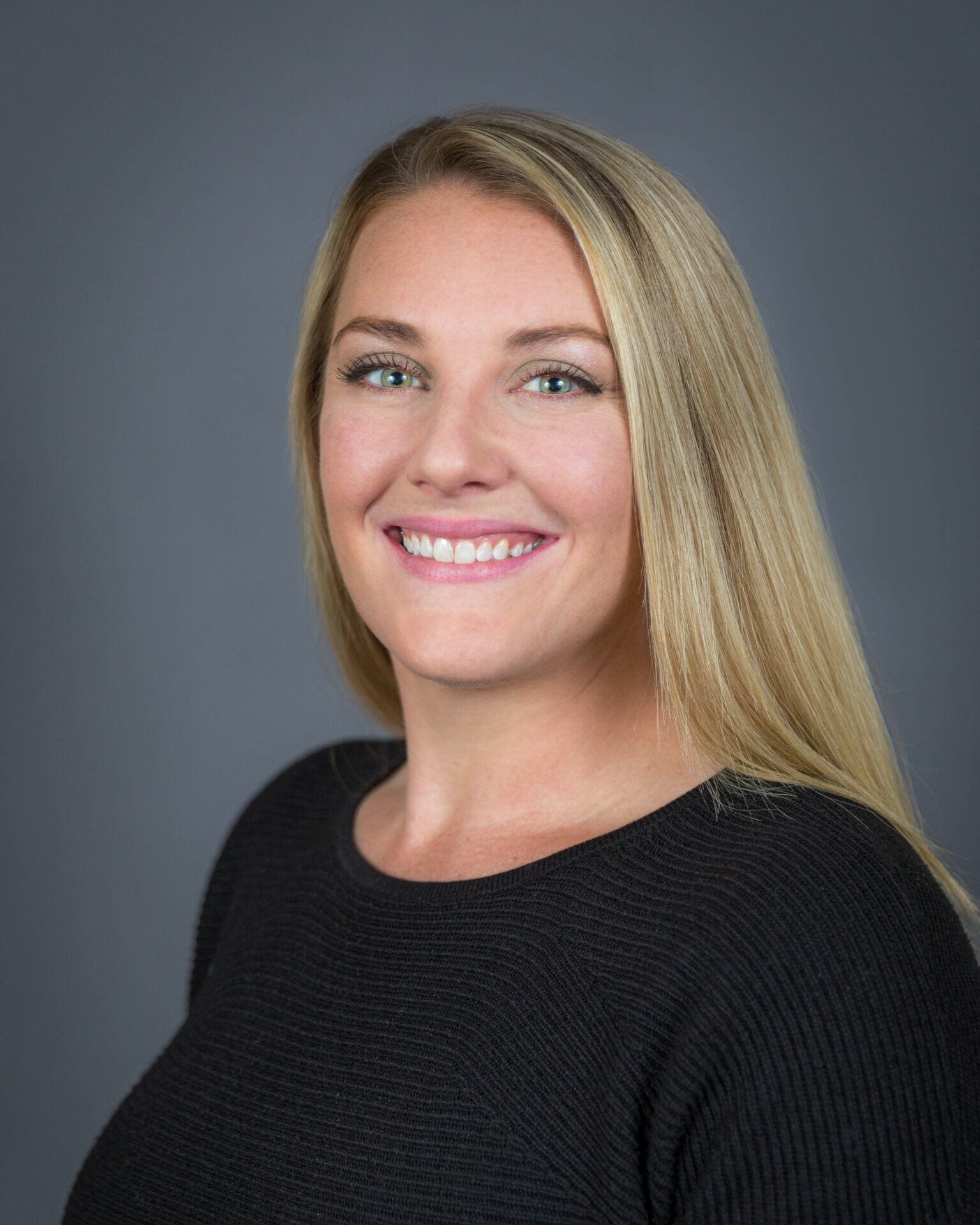
New Family-Centered Mentoring and Treatment Program Gives Children with Serious Mental Health Disorders a New Lease on Life
David Lawrence Centers was selected to manage a new state-funded intensive mentoring and treatment program called a Community Action Team (CAT) for children ages 11-21 who have serious mental health and substance use disorders. The program is designed as a cost effective way to divert at-risk youth from the child welfare system, juvenile justice system and restrictive institutional care.
Funding for the program was championed by longtime mental health advocate Representative Matt Hudson who serves as the Vice Chair for the Health and Family Services Policy Council. The Children’s Community Action Team (CAT) model was piloted in Bradenton and was so successful that the state Legislature is using it as a model for this new, nearly $7 million initiative to fund CAT teams in 10 communities, including this new program in Collier County. The Legislature is spending $700,000 per year for each team starting this summer.
The multidisciplinary treatment team consisting of a psychiatrist or nurse practitioners, nurses, clinicians, case manager and mentors who will deliver comprehensive services using a family-centered treatment model that promotes family wellness, stability and collaboration with social services agencies. This integrated team of experienced professionals will provide 24-hour on call family support including psychiatric medical services, coaching, co-occurring mental health and substance use treatment, individual and family therapy, crisis intervention, respite care, mentoring, advocacy, transportation and community resource coordination. Therapeutic services focus on parenting skills, behavior modification and social skills development. Services are community based, with most occurring in the home and school.
David Lawrence Centers is currently recruiting the team members and will begin enrolling clients in August. Children are considered for the program on a case by case basis and are hand selected by the treatment team based on certain clinical criteria – including being unsuccessful in less intensive treatment programs. Referrals can come from a variety of sources including parents, hospitals, the juvenile justice system, schools or physicians.
Jul 01, 2013 | News



